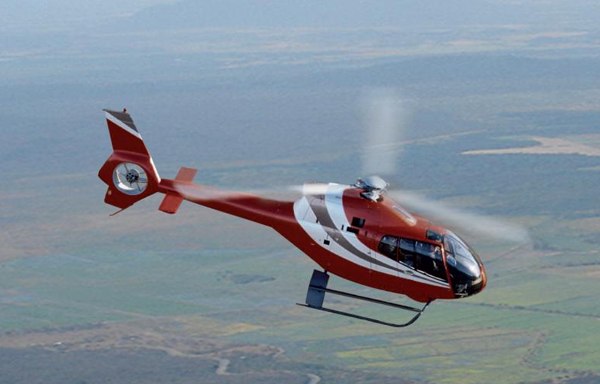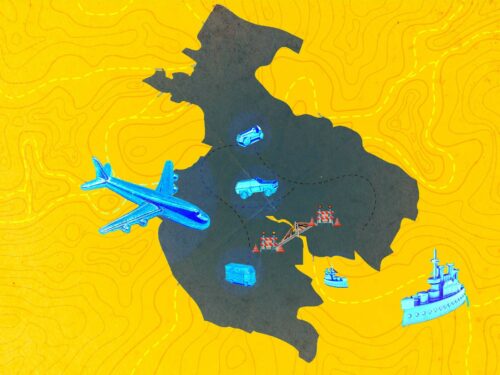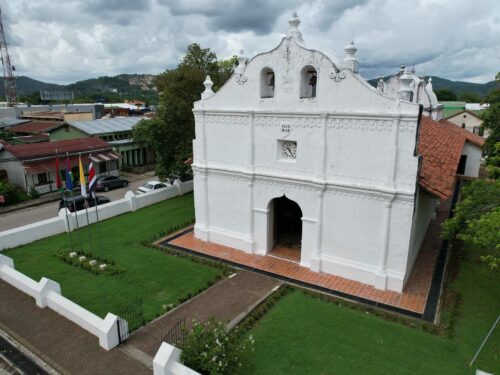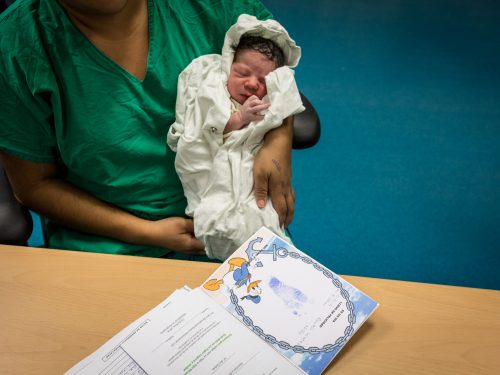
So far this year, Dr. Alejandro Gutierrez said he has transported about 10 patients to hospitals by air when an ambulance just might not be fast enough. But on April 12, the helicopter that was coming to pick up a patient with an irregular heart problem was denied landing to fuel up at Juan Santamaria Airport in San Jose.
It was about 6:30 p.m. and the patient, whose last name is Gurtner, of Swiss nationality residing in Garza, was in serious condition with cardiac arrhythmia. The patient felt dizzy and had passed out earlier at the bank. Gutierrez, from Nosara’s Paradise Medical Center, felt that transportation by ambulance would be too long and difficult for the patient, so he decided to call for an air transfer. The first company he called said they couldn’t do it, but CarmonAir Charter LTDA said they would do everything possible to transport the patient.
Everardo Carmona, who owns the charter company along with his father, explained that The General Direction of Civil Aviation (DGAC-Direccion General de Aviacion Civil) does not allow them to store fuel for safety reasons, and the aircraft that had come from a flight in La Fortuna needed to refuel, but in Pavas RECOPE (Oil Refinery of Costa Rica) closes at 6 p.m. so the only fueling option available that late at night is at the Santamaria airport.
Carmona related that they called the department of operations of DGAC to explain that they were undertaking an emergency medical flight and were assured of support. However, when the helicopter’s captain, Jose Leiva, communicated with air traffic controller Marco Lopez, the controller indicated that the heliport was closed.
Carmona maintains that they have never had this type of problem before with other nighttime medical transfers since helicopters can land anywhere such as on a lot or a patio, and since it is a medical transport it should be given priority, but in this case the controller denied permission to land and indicated that if they chose to land it would be on their own responsibility, which the company could not do for insurance reasons.
“What is of concern here is why a controller, knowing and having information that it is a medical transfer, if he is informed and even though he knows, why didn’t he call a supervisor or assistant to consult and see what to do instead of giving a negative response,” Carmona expressed.
Carmona filed a formal denunciation with DGAC, noting that it was a medical transportation and asking who would be responsible if the patient had died.
Nayuribe Vargas Briceño, spokesperson for DGAC, said they have reviewed the audio files from the control tower and it appears to be “a misunderstanding.” She indicated that the air traffic controller was told that it was a medical transfer but that the pilot never declared that it was an emergency.
“It’s stressful,” Dr. Gutierrez related. “He needed to be transferred as soon as possible.”
Meanwhile, Gutierrez stayed with the patient at his office taking care of him, and cardiovascular surgeon who is a neighbor of the patient also spent a while with them. Fortunately during the course of the night, the patient became more stable, and at 5 a.m. the helicopter was able to transport him to the CIMA hospital in San Jose, where studies are being conducted to find out what was happening with his heart.







Comments